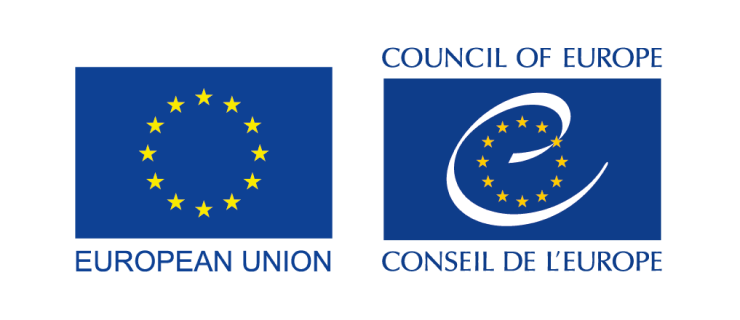Panel Discussion: “Black Ribbon Day” - Remembering The Nazi-Soviet Pact
Thematic focus
- Transnational History
- Museums, Memorials and Exhibitions
- Other Forms of History Education
- Multi-Perspectivity in History Teaching
- History of National Minorities
- History of Anti-Semitism
- Histories of Wars and Warfare
- Holocaust
- Remembrance / Collective Memory
- Europe
- Second World War
- 1918-1939 (“Interwar Period”)
Language
English
Country
Belgium
Address
Rue Belliard | Belliardstraat 135, 1000 Brussels, Belgium
Date
22 August 2024
Time
19:00 - 20:30
(GMT+01:00) Brussels
Description
The House of European History invites you to attend an academic discussion on the memory and legacy of the Nazi-Soviet Pact – or Molotov-Ribbentrop Pact – with guest speakers from Great Britain, Lithuania and Poland. This Pact between Hitler and Stalin signed on 23 August 1939 marked the alliance of the Third Reich and the USSR that lasted until the German attack on the USSR in June 1941. The secret protocol in the treaty between Moscow and Berlin paved the way for Nazi Germany and the Soviet Union to invade Poland, and thus for the outbreak of World War Two in Europe. In the years and decades after the war, Soviet and later Russian propaganda has sought to minimise and relativise the Pact and its consequences. In the late 1980s, refugees from communism in the West established “Black Ribbon Day” on 23 August as a focus for anti-Soviet protests. On 23 August 1989, 2 million people formed a human chain called the Baltic Way, a defining moment in the Baltic states' battle for independence from the Soviet Union. In 2009, the European Parliament adopted a resolution proposing to recognise 23 August as the “European Day of Remembrance for the Victims of Stalinism and Nazism.” What is the Pact’s historical significance? To what extent is the German-Soviet relationship born in August 1939 part of our collective memory of the Second World War? Join the panel discussion to learn more about the Pact and its legacy today. The event will take place on Thursday 22 August 2024 at 18.30 in the House of European History Auditorium. The language of the event is English. Participation is free.
Organiser
House of European History
